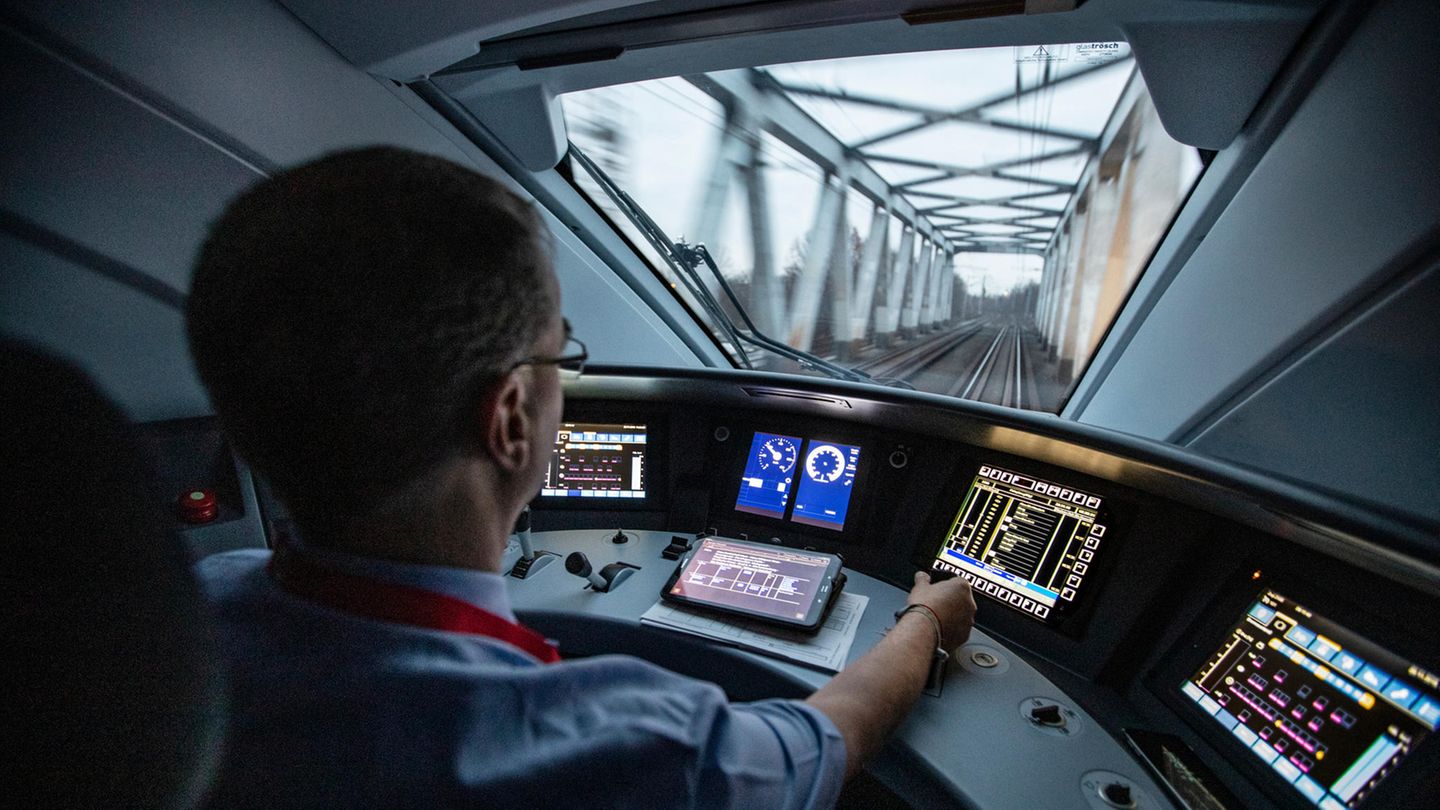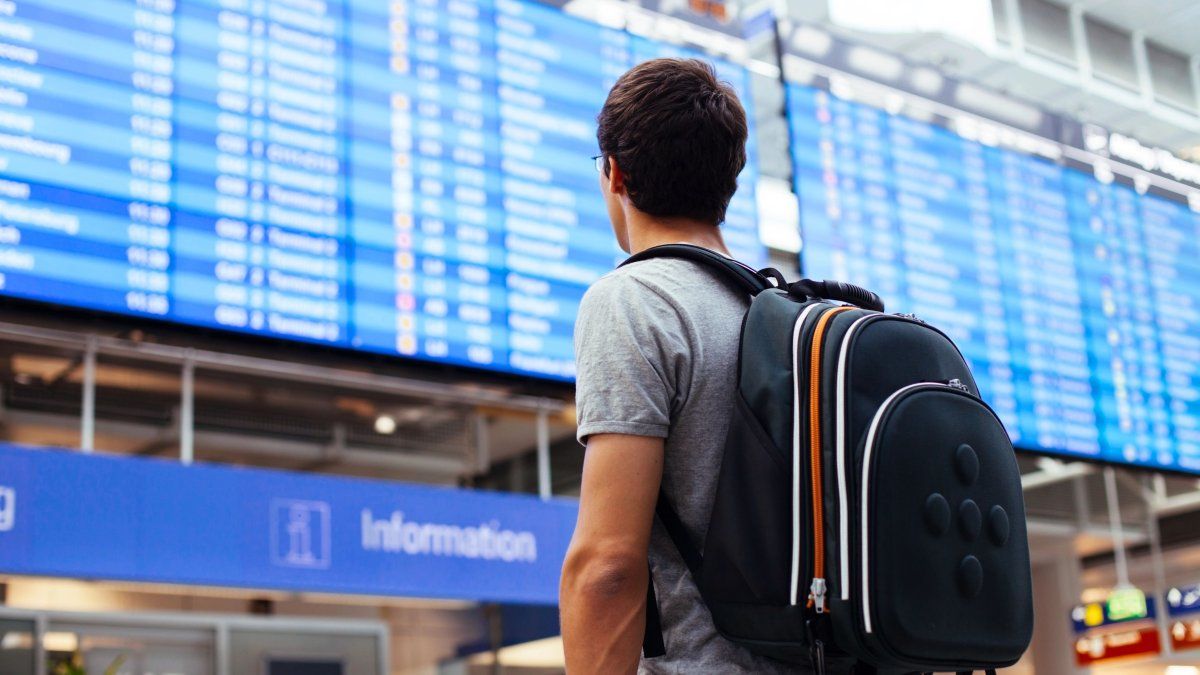Some trains are running – despite GDL strikes. This is also due to the fact that civil servants still carry out their duties in the cabs, a relic from the era of the Federal Railways. There are still so many of them.
The railways in Germany are largely at a standstill, once again. In the completely intensified collective bargaining dispute with the company, the German Locomotive Drivers’ Union (GDL) has again called for a strike. The 35-hour strike by the men and women in the driver’s cabs is scheduled to end this Friday afternoon. The impact of the work stoppages is enormous, and not just for travelers. The German Economic Institute in Cologne estimates that each day of strike costs the economy around 100 million euros.
Meanwhile, Deutsche Bahn is trying to prevent a complete collapse of rail transport in Germany. “During the strike, DB is offering a basic service in long-distance, regional and S-Bahn transport,” the company said. The fact that the company can maintain an emergency timetable with just a few trains running is also thanks to a relic from the Federal Railway era.
Thousands of civil servants train drivers at Deutsche Bahn
As long as Deutsche Bahn was an authority, train drivers were generally civil servants. They kept train services running for decades without strikes. Because work stoppages are taboo for civil servants in Germany. In return, they had a secure job. In this way, they do not serve the interests of a private company, but rather serve the community as employees of an authority. The privatization of the Deutsche Bundesbahn and Deutsche Reichsbahn was finally over: newly hired train drivers were from then on employees of Deutsche Bahn AG or its subsidiaries.
Train stories
From Greta Thunberg to Heidi Klum: Celebrities and their trouble with Deutsche Bahn
But those who were hired as civil servants at the former state railway did not lose their status with the railway reform. They are still federal civil servants today, and their employer is the Federal Railways. And Deutsche Bahn benefits from it. Civil servant train drivers are not allowed to take part in strikes; they continue to drive trains across the country. “We have almost 20,000 train drivers,” said a spokesman for Deutsche Bahn star-Inquiry with. “There are currently 2,300 civil servants.” This corresponds to a share of around 11.5 percent. The railway could not say how many of them are employed in regional, long-distance and freight transport.
But one thing is clear: the trend is downwards. Anyone who retires as a civil servant is replaced by an employee. This means that there are fewer and fewer people who keep the trains running, even in times of labor disputes.
Sources: Deutsche Bahn, DPA news agency
Source: Stern




